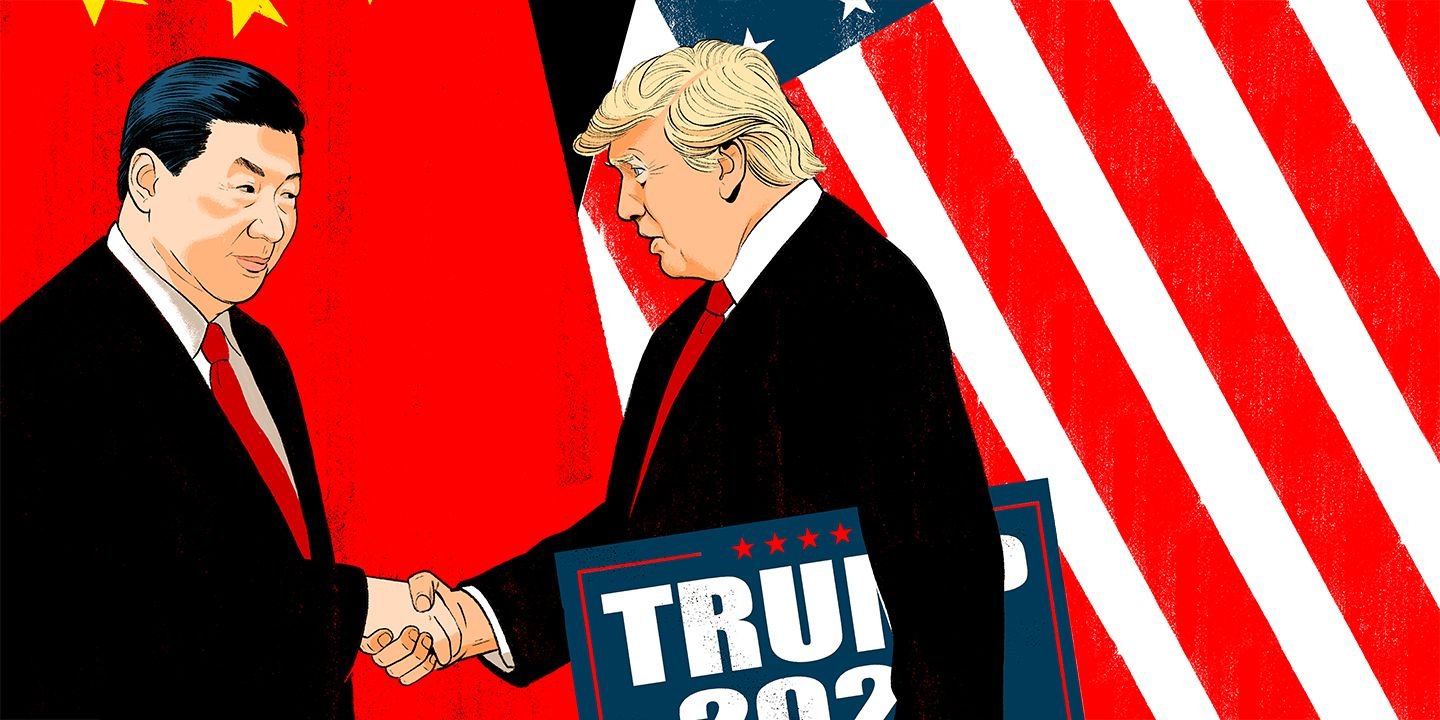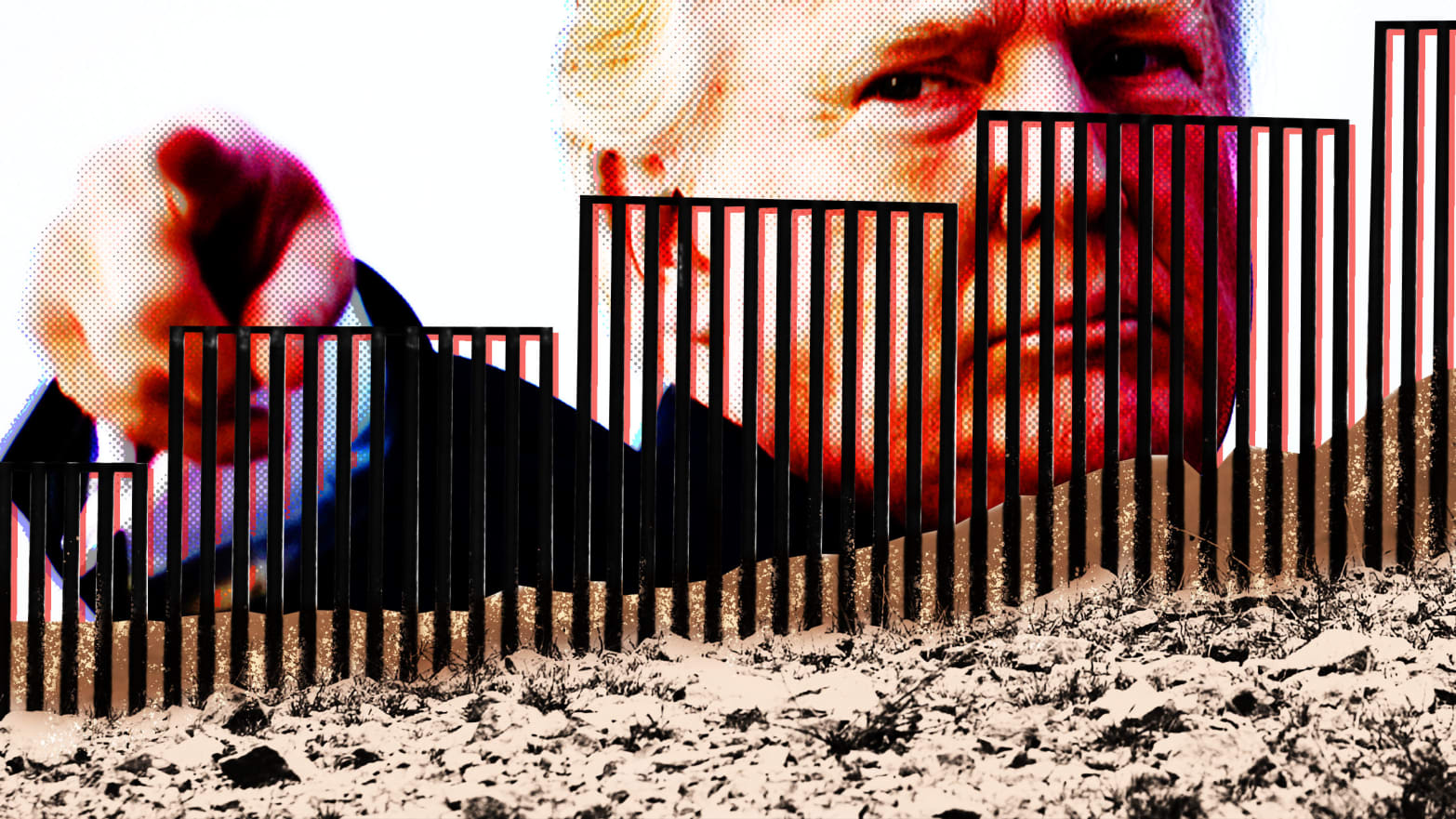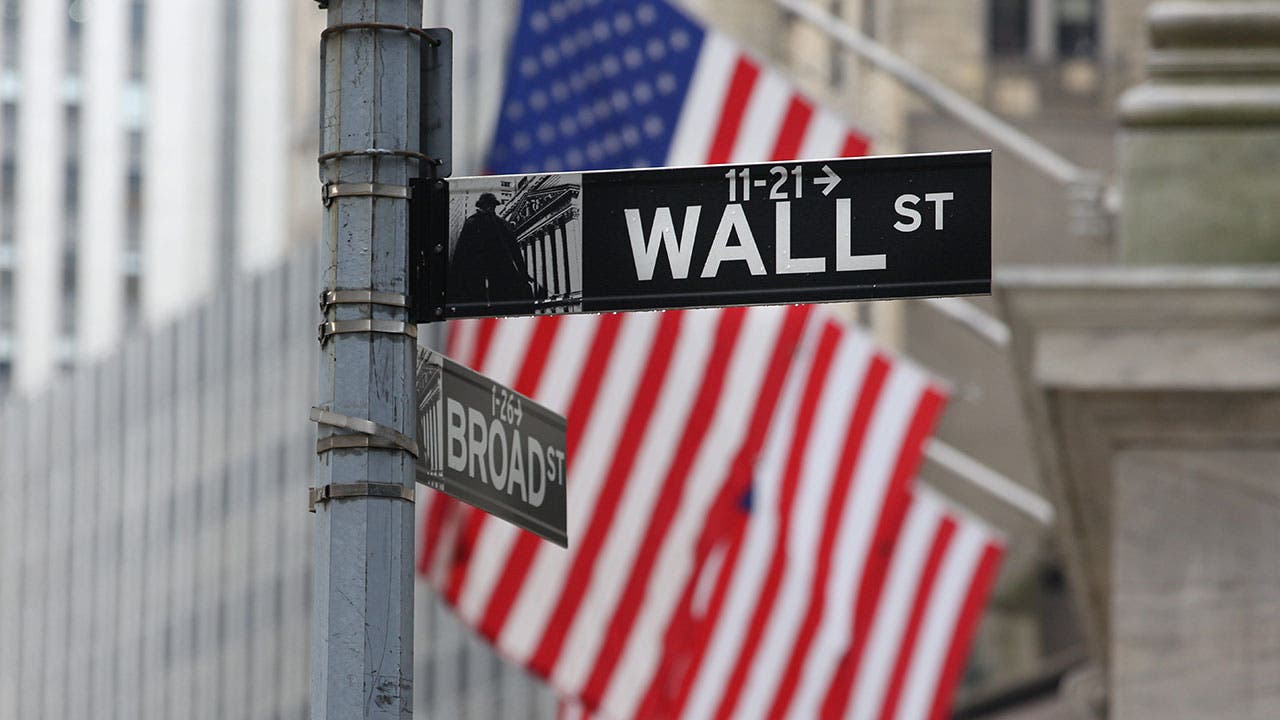
China Doesn’t Care Who the Next US President Will Be
The latest polls don’t look good for President Trump. Furthermore, there has been a clear increase in criticism of the trade war among the American public. Could all this have any impact on Washington’s upcoming trade policies toward China?
We would like to say that this isn’t what Chinese society is currently worried about. Although the Chinese may be interested in who becomes the next president of the United States, very few Chinese people are naive enough to think that the outcome of the American election will have a decisive impact on the direction of the Sino-U.S. trade war.
To us, America’s current bipartisan struggle looks like an internal game. What has sent shock waves around the world is its change in direction. America has a formerly anti-Trump elite that supported the trade war against China, reflecting the fact that with globalization, the U.S. is no longer willing to accept normal competition between large powers. Instead, America hopes to use its superior strength to unilaterally enforce a political line to its benefit.
Many American elites have become misguided in their understanding of their own country’s achievements in science and technology as well as their market resources. To a large extent, the country has lost the open-mindedness that occurs at the peak of global development. It has become extremely calculating, tangled up in its own short-term interests. The current administration’s actions have, in turn, created a kind of mobilization of the elite, which is gradually changing the political line.
If the candidates from both American parties could speak less about China during the campaign and avoid further poisoning the American people’s understanding of China, then that alone would be something to be thankful for! For a general election to bring about a significant change in Sino-U.S. relations is just not something that the majority of Chinese people would ever expect.
After dealing with the U.S. for so long, the Chinese increasingly emphasize a single principle: we must look out for ourselves. This will help us maintain order even when external circumstances worsen, and this is also a warning and deterrent against any outside force deluding itself with the fantasy that it can use extreme pressure to defeat China. The trade war has gone on for over a year, so the Chinese people have gradually adopted a level-headed attitude, mentally preparing themselves to live with problems that are likely unsolvable.
There are always people in America who wonder whom China would rather see elected as the next U.S. president. During the last election, even the Chinese themselves had no idea which candidate would be more advantageous for China. Chinese society resembles people who watch a ball game but have no clue whom they should root for, a third-party spectator whose opinions are liable to change at any time. When Americans talk about the person Beijing wants to win the election, they simply display Washington’s self-absorbed arrogance.
Over the last several years, elections in many different countries have proven that even if a “pro-China” candidate is elected, there are still very few examples where that leads to decisive changes in that country’s relations with China. Every country’s relationship with China depends on the extent of China’s influence in that country, as well as the country’s own interests and internal political logic.
Sino-U.S. relations are currently in a deep stalemate, and America’s understanding of China appears to be seriously distorted. The current situation cannot be changed by any one American individual, as the U.S. economy convincingly demonstrates: as the U.S. government continues to enforce $300 billion in tariffs on American goods sold to China, the opposition of U.S. businesses is growing ever more obvious. At the same time, the voice of public opinion against the tariffs has also grown louder. Things are getting extreme, and we’re starting to see the results of America’s internal logic.
Trade wars are irrational; they’re a lose-lose. This principle is incontrovertible. No matter who becomes president, this trade war principle will still be evident in the American economy. China must take the necessary steps to ensure the stability of our own country’s economy, release additional capacity to promote development and calmly wait until America swings back from its current extreme situation to a more normal state of affairs.


